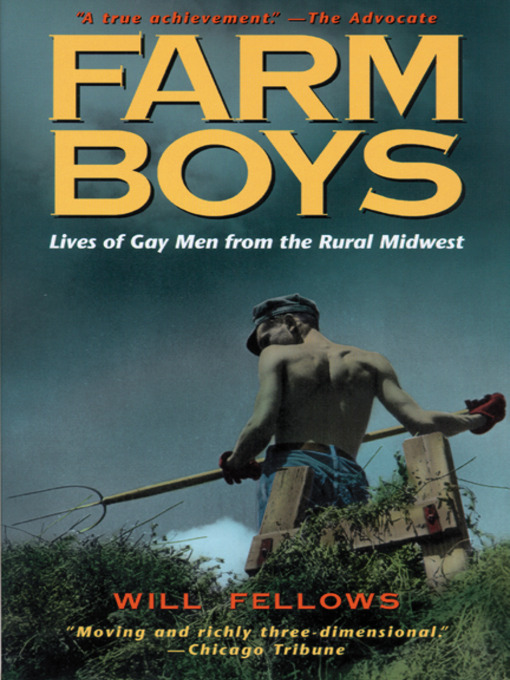- Popular ebook fiction
- Truth and Reconciliation in Canada
- Canada Reads 2024 longlist
- Canadian Indigenous Voices (Recent)
- MMIWG (Recent)
- Residential Schools & Orange Shirt Day
- Quill & Quire Cumulative List (2024)
- First Nation Communities Read: Adult/YA 2024-2025
- See all ebooks collections
- New audiobook additions
- Try something different
- Feature: Health & Fitness
- First Nation Communities Read: Adult/YA 2024-2025
- Canadian History Week (Audio Books)
- See all audiobooks collections

